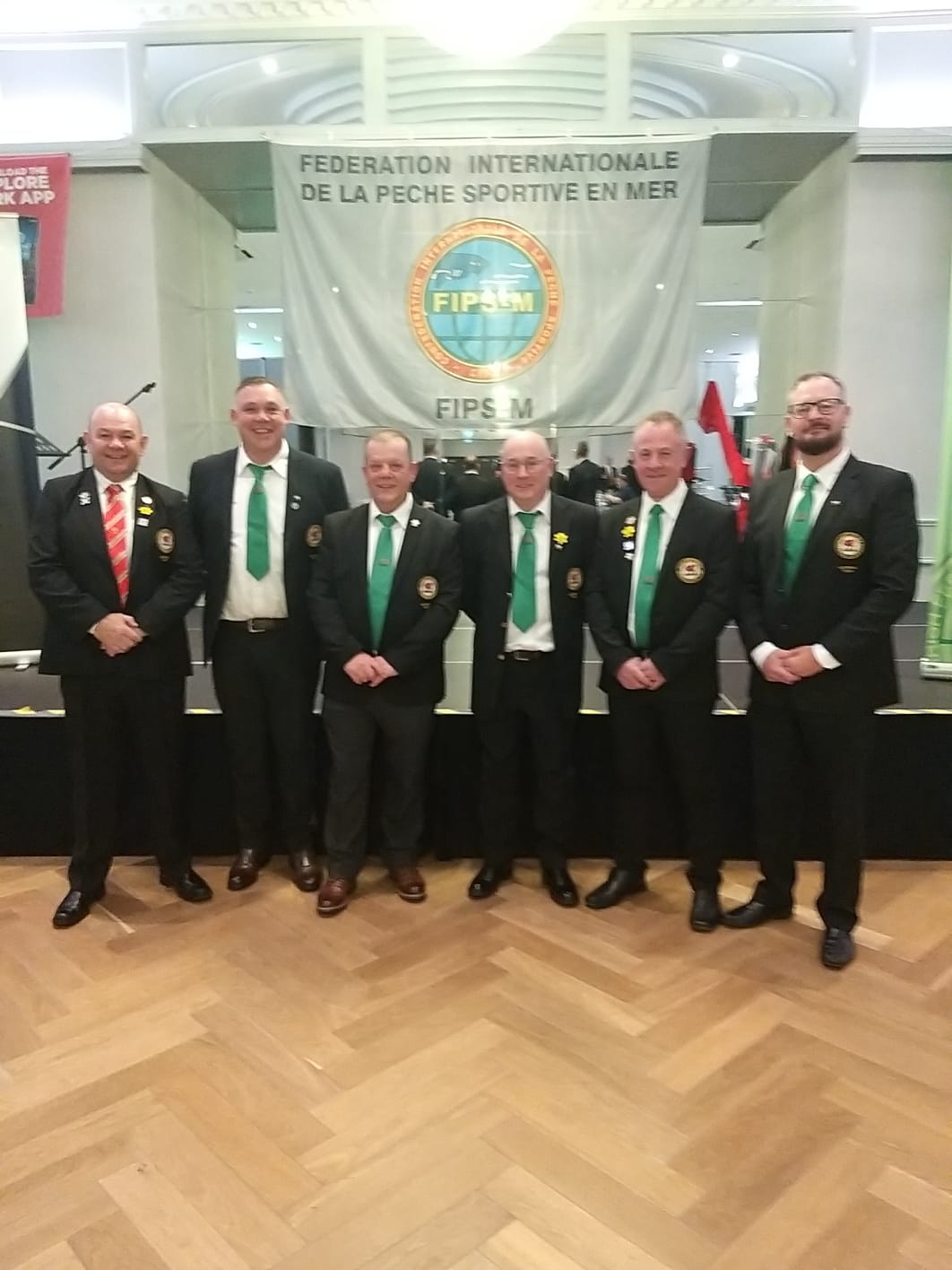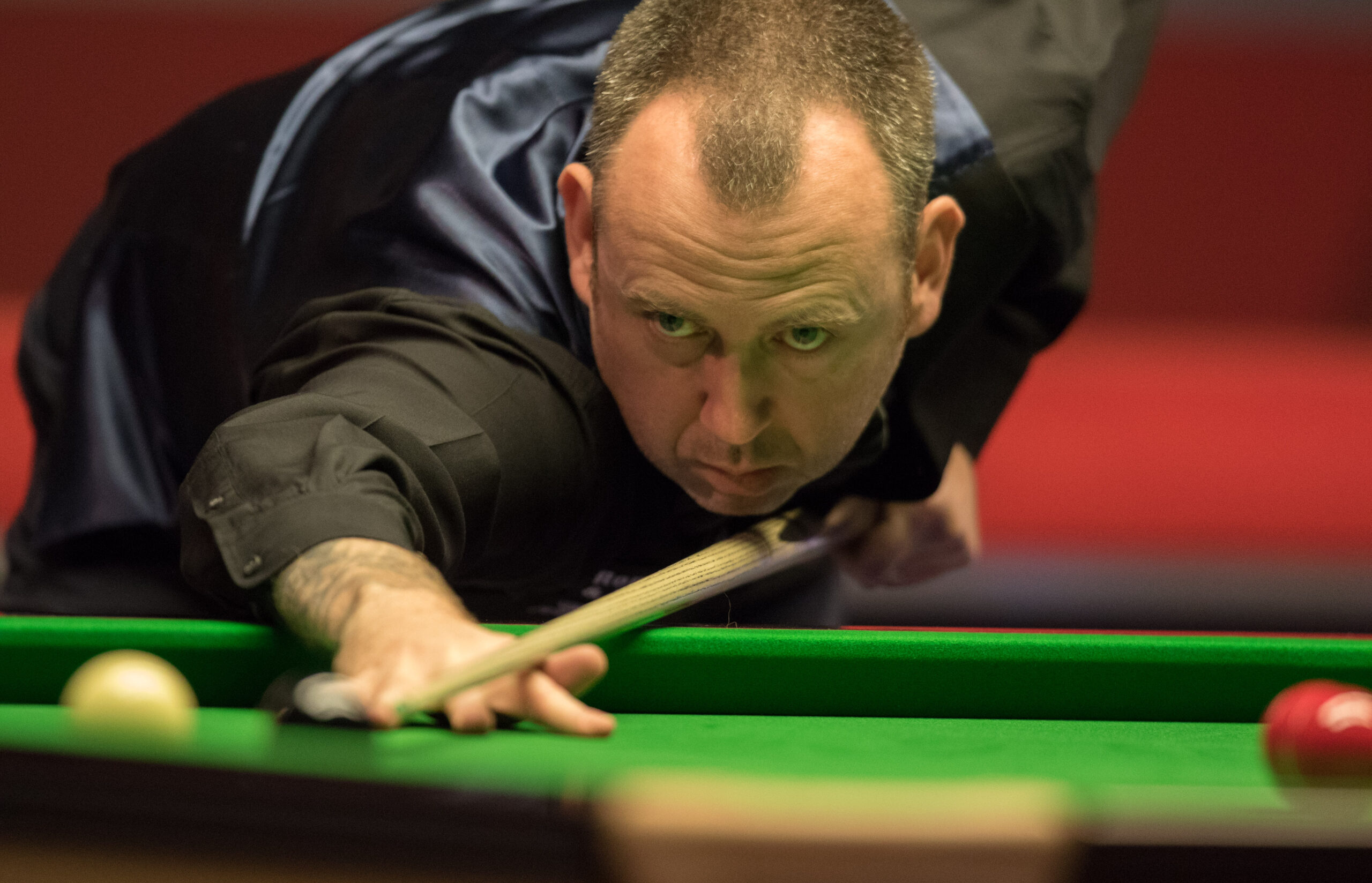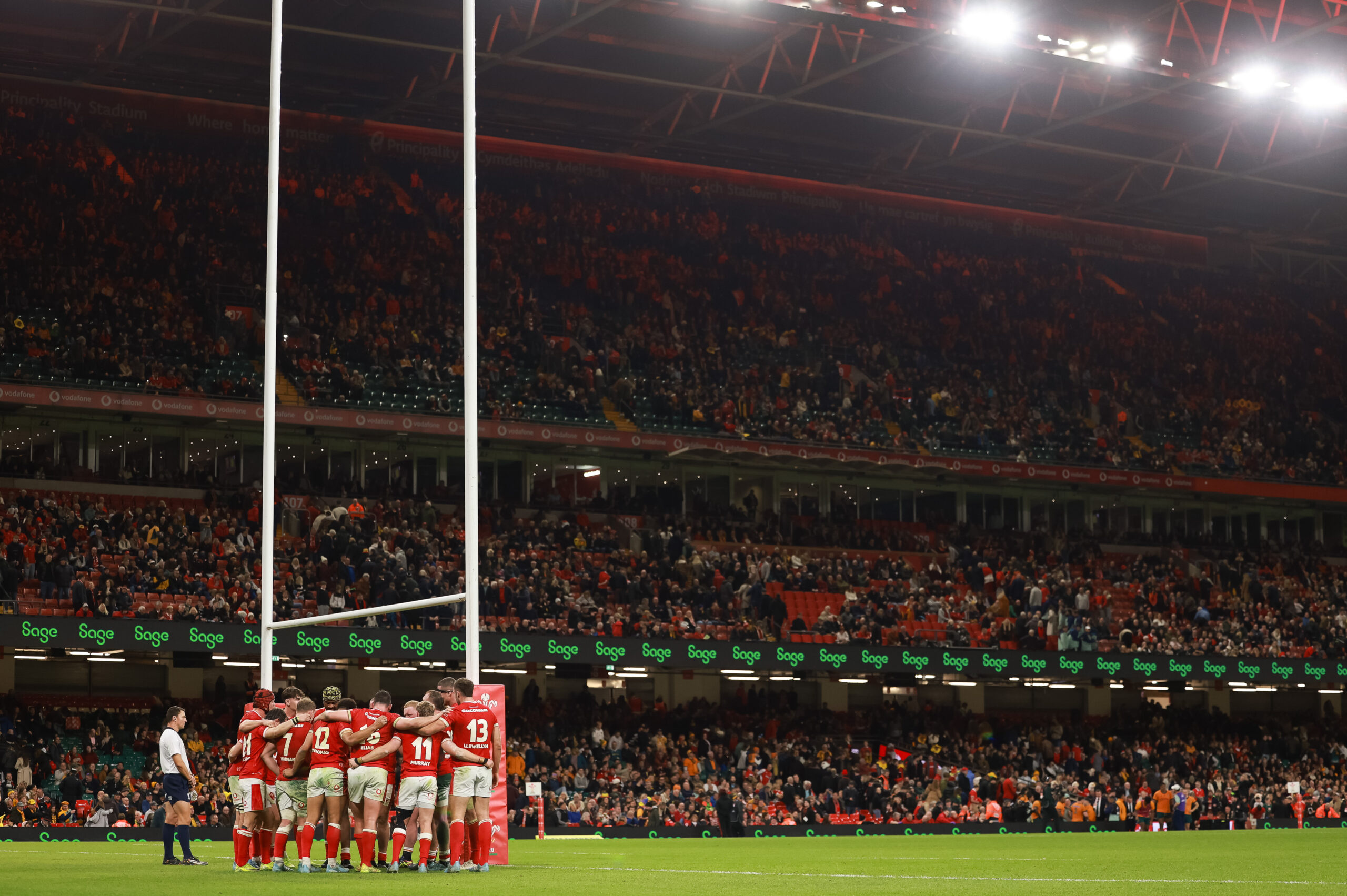Five Year Plan: Abi Tierney’s Strategy For Welsh Rugby Analysed

Rhodri Evans
“A really big day”
That was the assessment of Abi Tierney, CEO of the Wales Rugby Union (WRU), who has set out the union’s five year plan to ‘save’ Welsh rugby.
After a difficult year on and off the pitch, the WRU’s new CEO has spent the majority of her six months in post devising a strategy for rebuilding Welsh rugby.
The aims are not surprising: improvement in the men’s and women’s teams, as well as the regions, increase participation at grassroots level, and build a culture of positivity around the sport.
Bleak financial reality
The fourth aim, though, appears to be the toughest: financial sustainability at all levels.
The WRU’s cost projections reveal that there will be a £35m funding gap for the regions over the five year period, casting the future of the four-region structure into further doubt.
On top of this, the union is operating considerably beyond its means, posting an annual deficit of £15m, all while attempting to pay off £20m of debt.
WRU Chair, Richard Collier-Keywood, who also presented on Wednesday, revealed that the union has been funding that annual deficit by selling assets to CVC, a private equity firm, meaning that their future revenue has decreased because they have sold ‘some’ media rights.
Collier-Keywood and Tierney both attempted to paint the WRU’s situation in a positive light, asking sceptics to look to the future, rather than back at past failings.
“We have an amazing set of assets in the WRU,” Collier-Keywood said.
“We want to make sure we maximise the use of our assets moving forward so we deliver more assets into Welsh rugby. That’s really what we are focused on to work out reasonably how much that could be going forward.
“I’d say it’s absolutely stable and we are doing our best to support both professional and community rugby in Wales while also making the whole eco-system stable.”
Regretting CVC Deal
One area the WRU does have regrets over, is the CVC deal. The agreement sold 28% of the union’s United Rugby Championship right and ‘a significant’ sum’ of their Six Nations share to the private equity firm, putting a cap on their earnings in the future.
Agreed in March 2021, Collier-Keywood admitted that that if the WRU were offered the CVC deal now they would turn it down.
“If you asked us whether they offered us the same deal now would we do it? The answer is we wouldn’t do it because all it does is brings forward cash but it sells out the sort of future asset you have in value,” he said.
“We had a series of payments, some of which had been paid for us already by CVC and some of which are still due to be paid for us by CVC over the next two accounting periods.
“The money we’ve broadly received so far has gone towards partly funding the funding gap we’ve had in the past and a lot of that, particularly in the 2019/20 years, that covered Covid costs.
“The original idea was to invest that into new assets which would generate income for the URC. In fact it went towards helping the WRU and the regional clubs survive Covid.
“Moving forward we have a funding gap because you can’t just cut off expenditure. CVC income that’s coming in on July 1st 2024 will be used to manage some of that funding gap and then we have one more payment due.”
What comes next?
Speaking on the Sportin Wales podcast, Tierney explained that what the next steps in the rebuild are, and how they will impact the game.
“I think there’s a difference between having a high level strategic plan and then the operational plans and decisions you have to take to implement that,” Tierney said.
“You can’t share it all in a 20 minute press conference. We’ve done a lot of detail with the teams against each of the pillars about setting KPIs that we’re going to measure success against, and then the actions that we understand are going to be best done to deliver those KPIs.
“We’ll be monitoring those regularly, and if they don’t work, we’ll be adjusting them, There’s lots of operational detail there, but there is still more work to be done.
“If I take the example of a national team performing consistently and ranked consistently in the top five, then we know we need to do better, and we need to change things around in our academies, pathways, and development centres.”
Tierney was also keen to stress that no ‘pillar’ of the WRU will take precedent over another.
“Everything we set out today, we will be pushing on all front at the same time,” she explained.
“We have directors overseeing each individual element, so they will be working with their teams to push on those fronts.
“The heart of the strategy is doing 100 things better, as opposed to one or two things.”
Getting out of the financial hole
Many fans and active participants in Welsh rugby will be wondering a similar thing following this announcement: how is the WRU going to afford this?
Tierney explained that the WRU does have some stability to work from.
“There’s two answers to the affordability question,” Tierney said.
“Firstly, a lot of things that we need to do is about doing things differently or better, actually not costing more money. So that’s number one.
“And then the second bit of it is actually using what we’ve already got now. We have a really sound financial business underpinning it all.
“The WRU turns over £100 million. Up until now, we’ve had CVC money, which has been coming in that has masked the fact that we’ve been over-spending. We’ve already identified ways we’re going to bring that back in once we’ve done that, even our leverage against the debt is reasonable.
“We’ve actually got a really sound business. Then you start to have a professional team that’s performing, and you have regional teams that are performing. You start to get more money from sponsors. You start to be able to sell out the stadium regularly. You get people going back to the regional team. So you end up in that virtuous circle.”
Buy-in from the regions and players
“The regions have been constructive and collaborative around the table with us,” Tierney said.
“The right level of challenging. I think it’s been a real reset in the relationship.
“I’m not saying that there haven’t been bumps in the road, and there won’t be bumps in the road if and when we need to make difficult decisions, but I certainly think we are on our journey to kind of rebuild and trust for it to feel much more collaborative.”
The WRU’s CEO also said how she “couldn’t get the players out of the room”, such was the engagement from them about the new plan.
“It was brilliant. they had so many questions,” said Tierney.
“They care passionately about the regions because most of them work in the regions. They want to know when they’re going to get certainty on that, which is really understandable. There were questions on the regions, there were questions on the 25 rule.
“Questions on future contracts. There were questions about investment in players in the regions, but also the facilities. It’s about the support teams that are around. It’s about the coaches.
“It was a really, really engaged, honest conversation. I hope they valued it, and we’ve just got to keep those conversations going. I certainly and found it really helpful.”
Nothing off the table – especially not cutting a region
It has been estimated that an operating budget of £6-6.5 million is necessary for the regions to be on-par financially with the Irish and Scottish sides competing at the top of the URC. With £18m set to be split between four this coming season, there is a valid argument that three lots of £6m should be going to three regions, with one missing out.
Perhaps the most notable part of her podcast appearance, was Tierney’s refusal to be drawn into whether a region will eventually have to be cut, at least in funding terms.
When asked about how the regions bridge the funding gap between themselves and their direct competitors, Tierney explained that ‘patience’ is required.
“We have agreed the budget for next year, so that’s where that that patience comes in,” she explained.
“Next year is going to be tough because we haven’t got that ability to bridge that gap immediately. But one of the reasons why I think it’s so important we make a decision in September as that is when contracts are being signed for the following years.
“If there was a drastic change in regions, you’re obliged to give a region a notice period. There’s not going to be anything that happens overnight, and that’s really important for people’s jobs, people’s security as well. There will be a transition period.”











